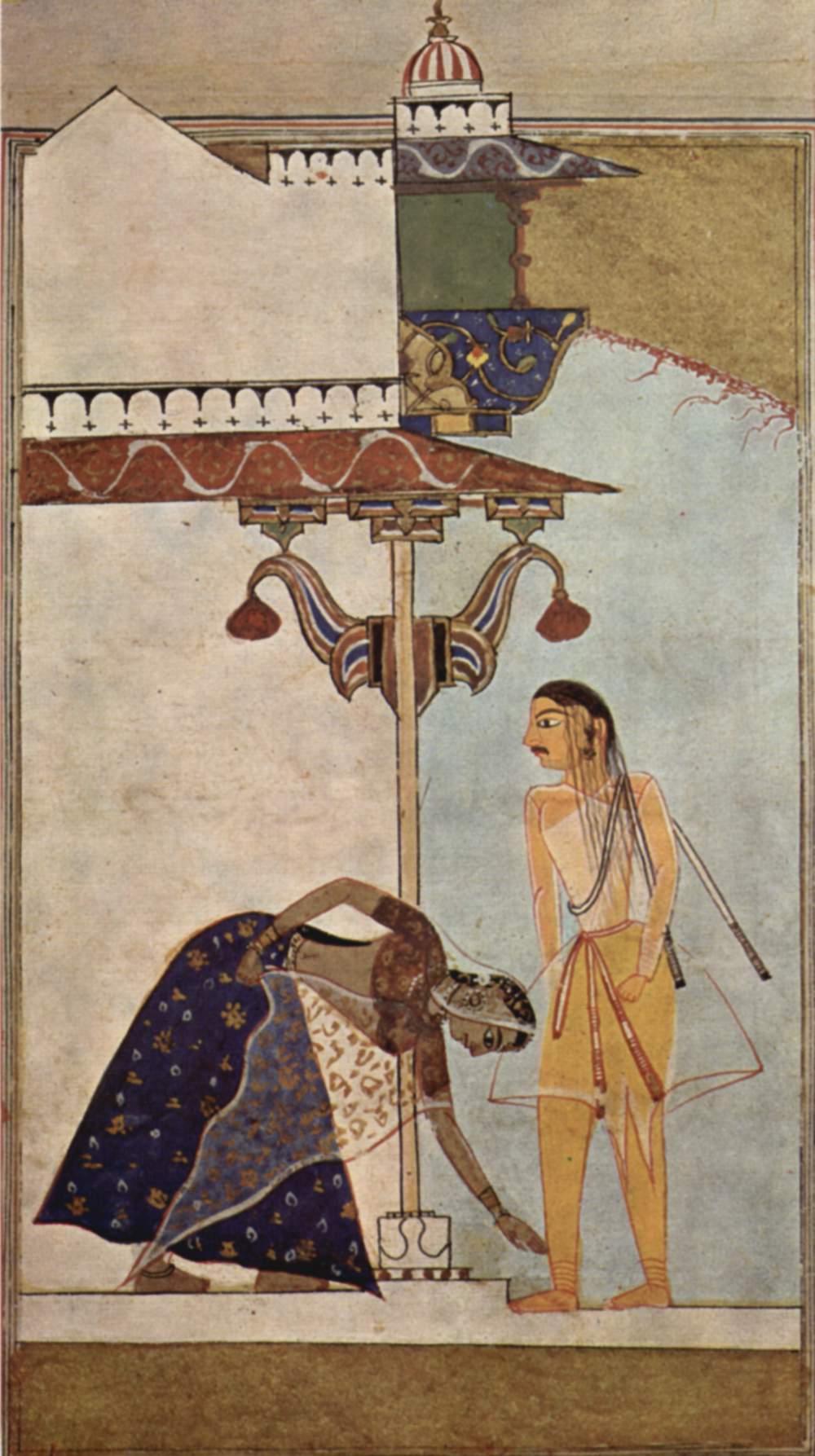 We’re missing something in Western culture that’s so engrained in the many traditions and rituals of the East: reverence. In many parts of Asia strangers and businesspeople will greet one another with a reverent bow. Children will bow to their parents and elders. Martial arts even begins with a bow. Reverence begins with humility, humility toward the other. The bow represents this humility—lowering oneself in respect and reverence toward another person. It indicates not only that we are choosing not to hold our pride over others, but that the other may have something to offer us, some wisdom, experience, or insight of worth.
We’re missing something in Western culture that’s so engrained in the many traditions and rituals of the East: reverence. In many parts of Asia strangers and businesspeople will greet one another with a reverent bow. Children will bow to their parents and elders. Martial arts even begins with a bow. Reverence begins with humility, humility toward the other. The bow represents this humility—lowering oneself in respect and reverence toward another person. It indicates not only that we are choosing not to hold our pride over others, but that the other may have something to offer us, some wisdom, experience, or insight of worth.
The word reverence comes from the Latin word reverentia, which means “to stand in awe of.” Our liturgy has not forgotten the power of reverence as we stand in awe of God. We reverence the altar, the very place where God-incarnate meets us. We bow before receiving communion. We bow and kneel and genuflect and prostrate ourselves at key moments in liturgical prayer, emphasising that we stand in awe of the One who created us.
Saint Ignatius said in his Principle and Foundation that we were created to praise, reverence, and serve God. And he underscores this reverence in prayer:
A step or two before the place where I have to contemplate or meditate, I will put myself standing for the space of an OUR FATHER, my intellect raised on high, considering how God our Lord is looking at me, etc.; and will make an act of reverence or humility.
In other words, before your prayer, stand before your prayer space, imagine God gazing upon you and make a gesture of reverence—a bow, a sign of the cross, or a nod of the head. An act of reverence before God says what a reverential bow before another person says: I want to be open to what you have to offer. Without such an openness to what God has to offer, prayer is useless; the spiritual life is useless. The spiritual life becomes void without reverence and humility.
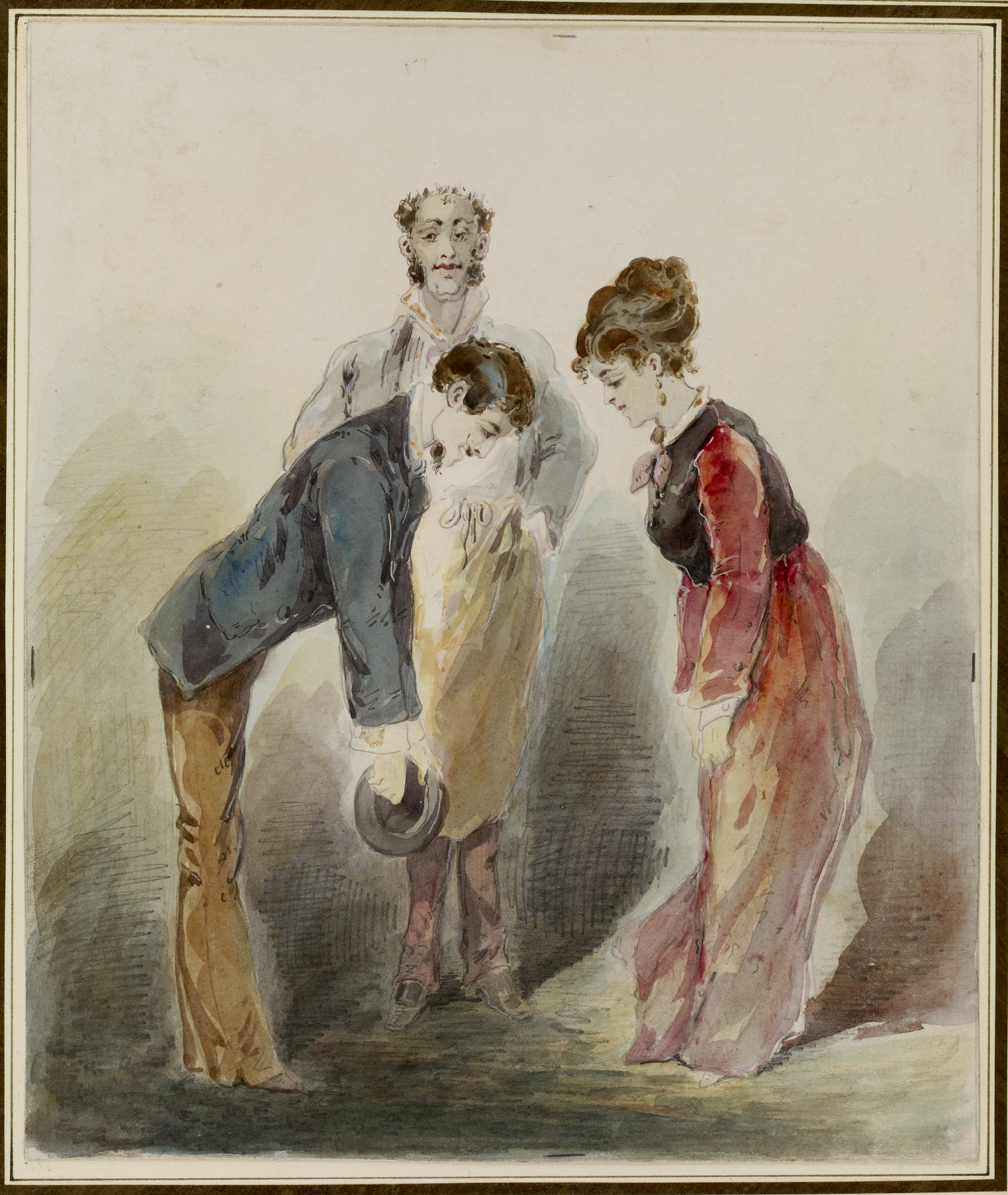 Bowing before another is generally rejected by Western secular culture. After President Obama bowed before the Saudi King many were outraged and the internet has since kept a list of Obama’s bows. But bowing is a humble sign of respect (which should be encouraged regardless of one’s position of power). Many of us will find that we ourselves do it when greeting someone for the first time, ever so briefly tilting our head downwards as we shake their hand. We do it but we’re afraid of it. We’re afraid of relinquishing our power or status. Yet that is what we must always do before God. Blessed are the meek and the poor in spirit. We must cast off our attitudes of not needing others and instead reverence them for how God reaches us through them. We must reverence them as God’s creation who has dignity.
Bowing before another is generally rejected by Western secular culture. After President Obama bowed before the Saudi King many were outraged and the internet has since kept a list of Obama’s bows. But bowing is a humble sign of respect (which should be encouraged regardless of one’s position of power). Many of us will find that we ourselves do it when greeting someone for the first time, ever so briefly tilting our head downwards as we shake their hand. We do it but we’re afraid of it. We’re afraid of relinquishing our power or status. Yet that is what we must always do before God. Blessed are the meek and the poor in spirit. We must cast off our attitudes of not needing others and instead reverence them for how God reaches us through them. We must reverence them as God’s creation who has dignity.
Can we take the beauty of reverence beyond liturgy and prayer into our relationships with one another? Can we stand in awe of the blessing others have to share with us?
Listen to an audio version of this podcast…

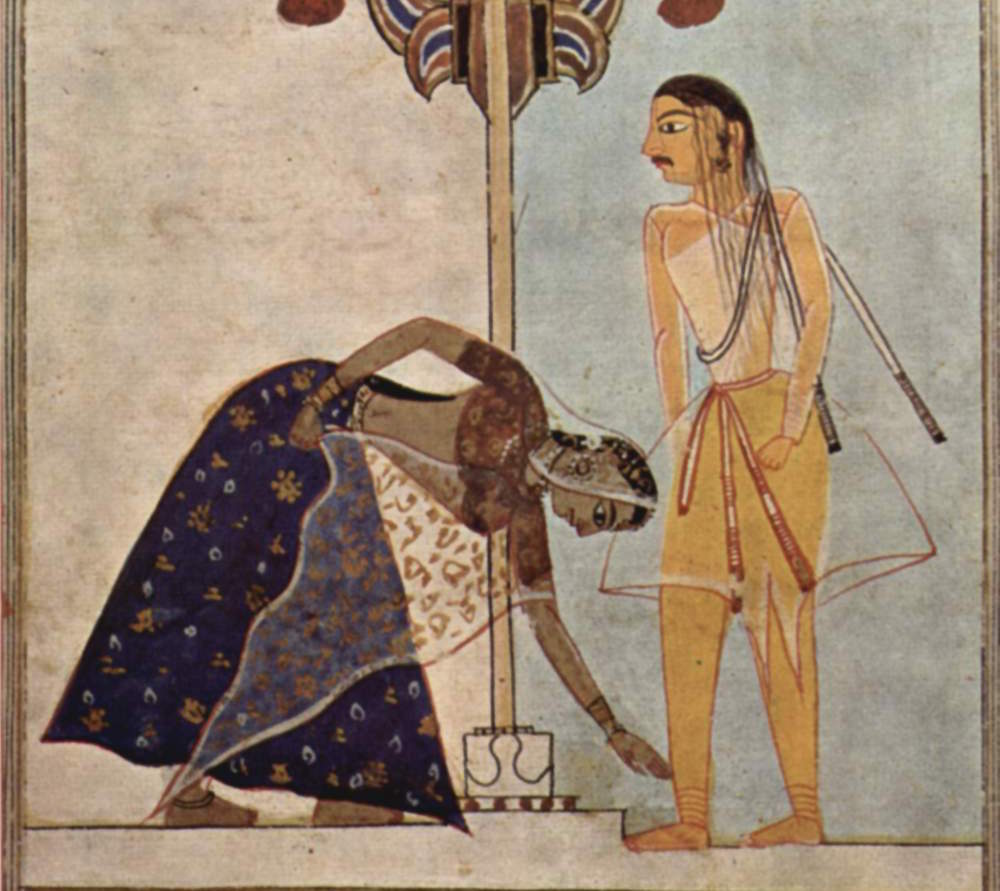
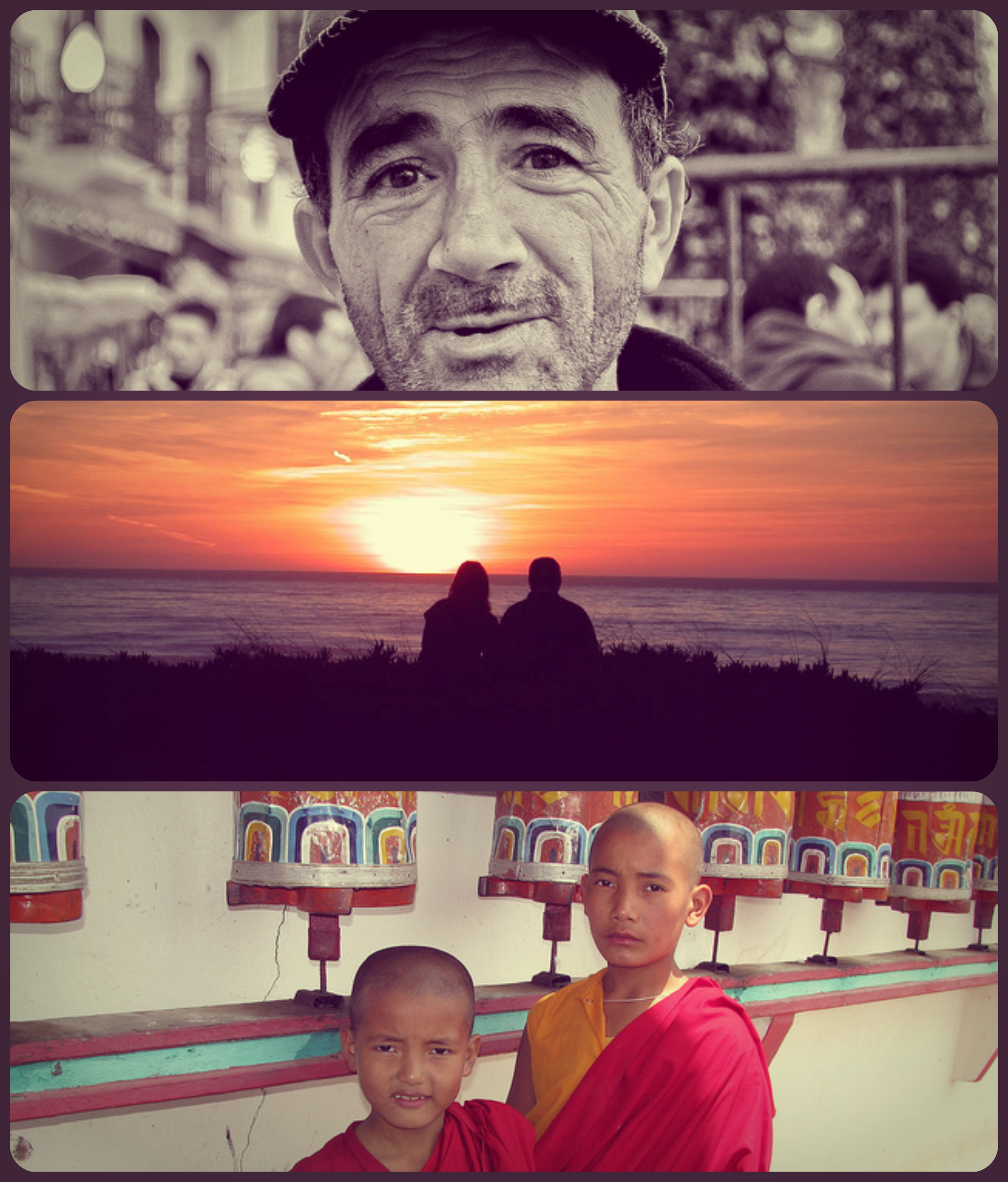

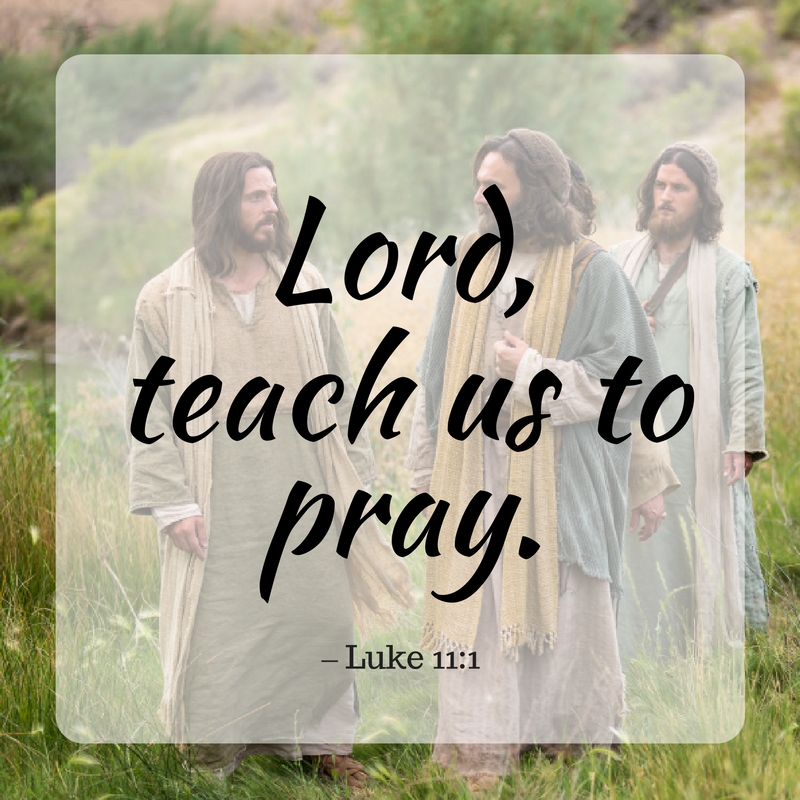
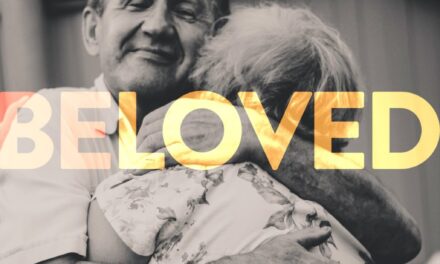



Yes, very powerful gesture of respect, my Sicilian grandparents practiced this, and I often find myself bowing my head to others. The American culture does not understand this and it’s just one of President Obama ‘s many social graces….makes me think about how I would love to see him as.president again, with a government that would listen to him. Peace, thanks, Andy, beautiful.
“We must cast off our attitudes of not needing others and instead reverence them for how God reaches us through them.” Thank you for reinforcing the message that my little granddaughter gave me the other day when she chided me for being so independent and told me that everyone needs help from others! Andy, thanks for the deep wisdom of this post.
I am at a point in my life where I am beginning to put my ego agenda aside and listen more to what others have to say. The act of bowing puts into action the attitude I wish to have. Such food for thought and action. Thank you.
Very well-done, Andy! BTW, extremely few people at our Sunday liturgies bow before receiving Communion. Maybe buttoned-up New Englanders are uncomfortable with public, expressive body language? I find that even the slightest bow, in every day situations, to be comfortable, willing to extend myself openly–with a smile and affection even. When I was taking yoga classes years ago, my teacher interpreted “namaste” to mean “I bow to the light within you.” I’ve always liked that. I bow to the Light Within You…reverencing both God and another human being in one simple gesture. Nothing ostentatious, like at an Oscar Awards ceremony, merely an inclination of one’s heart.
Awesome post. I couldn’t agree more. I wrote a post called, Namaste, a reverent gesture, with basically the same message.
Well said! One of my favorite parts in both yoga (with ending ‘namaste’) and at mass — I serve at an anglo-catholic parish where we reverence the altar and then turn and reverence the assembled people at the start and end of the service. It’s one of the holiest moments, to look at my neighbors and bow deeply to them, and acknowledge them as infinitely complex souls worthy of love.